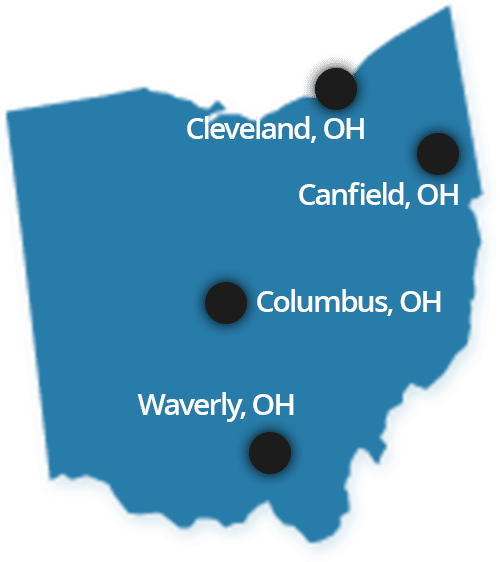Last updated Oct. 27, 2017.
Under Ohio law, the term “injury” includes any injury, whether caused by external accidental means or accidental in character and results, received in the course of, and arising out of, the injured employee’s employment. R.C. 4123.01. It is presumed that the risk of injury is increased as a result of employment duties. Indus. Comm. v. Nelson (1993), 127 Ohio St. 41.
This post will discuss how injured is defined under Ohio law, including what sorts of injuries are not covered when hurt on the job, and how to get help with your workers’ compensation case.
What does injury include?
It may be easier to discuss what is not considered an injury under Ohio law.
Injury does not include the following:
- Psychiatric conditions, except where the conditions have arisen in conjunction with a physical injury or occupational disease;
- Injury or disability caused primarily by the natural deterioration of tissue, an organ, or part of the body (substantial aggravation);
- Injury or disability incurred in voluntary participation in an employer-sponsored recreation or fitness activity if the employee signs a waiver or his rights to compensation or benefits prior to engaging in the recreation or fitness activity R.C. 4123.01(C);
- Idiopathic injuries — an injury occurring as a result of an unexplained reason may be compensable so long as the cause of injury is not due to a preexisting condition contributing to the incident.
Your medical records must also directly link your injury or illness to your job. To qualify for workers’ compensation in Ohio, your employer also must be covered by workers’ compensation and you must be an employee. You may be eligible if you are an independent contractor; an attorney specializing in Ohio workers’ compensation law can help determine your eligibility.
See also: Ergonomic Workspaces: Avoid an RSI on the Job
What should I do if I’m injured on the job?
If you are injured on the job in Ohio and anything unusual happened causing the injury, this should be noted on your workers’ compensation claim form or brought forward at the hearing. Evidence of this nature readily fixes the injury as being one which occurred in the course of employment.
Such unusual occurrences are not, however, legally required to establish your claim. Each case is evaluated on a case-by-case basis, looking at specific facts to determine what legal arguments can be made.
It is important to state the specific cause of your injury and not simply indicate that you noticed symptoms. Make certain to state what you were doing just prior to the onset of your symptoms.
See also: 10 Myths about Workers’ Compensation in Ohio
Get Help from an Ohio Workers’ Compensation Attorney
If you need help understanding Ohio’s workers’ compensation law, contact the attorneys of Plevin & Gallucci for a free, no-obligation consultation. Our attorneys have been fighting for the rights of injured workers for over 40 years. Check out some of our latest settlements and judgments here.
You may also be interested in:

